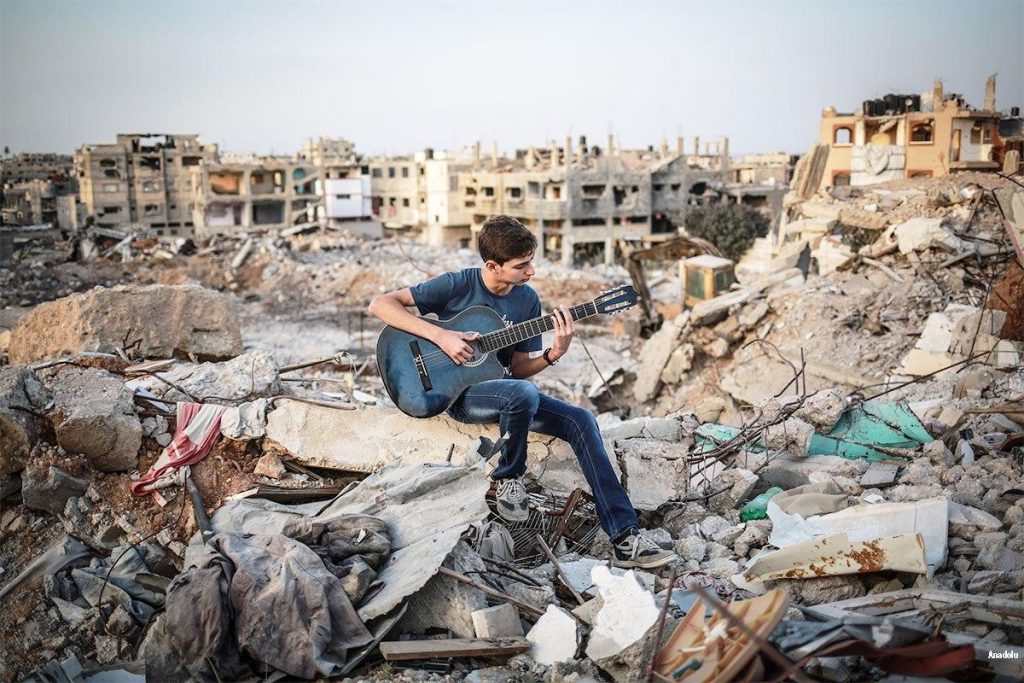Borderlands and the evolving self

When our situation calls on us to be relentlessly productive in delivering results and cooperative and collaborative, it can often be experienced as confusing, stressful, ambiguous, complex and uncertain. I sometimes imagine these kinds of experiences as like a borderland in which feelings, ideas, anticipations, expectations and possibilities are jostling and competing for attention.
Borderlands
This idea came originally from reading a book called La Frontera (The Borderlands) by Gloria Anzaldua.
Anzaldua wrote about her experience growing up on the Texas-U.S Southwest/Mexico border. Her interest, though, was as much about the psychological, sexual and spiritual borderlands that can occur anywhere. She talks about these being present in various circumstances, including “… where the space between two individuals shrinks with intimacy”.
A border, she says, is a dividing line, “… a narrow strip along a steep edge.” A borderland is different. It is a “… vague and undetermined place created by the emotional residue of an unnatural boundary. It is in a constant state of transition. The prohibited and forbidden are its inhabitants.”.
If you are a fan of Bruce Springsteen’s music it seems to me he has often written about the inhabitants of these kinds of places. Perhaps the high-point is his The Ghost of Tom Joad, with its reference to John Steinbeck’s the Grapes of Wrath.
Another favourite of mine at the moment is Canadian Tom Wilson’s recent memoir and album in which he tells the story of the discovery of his Mohawk heritage.
Patterning and identity
These poetic evocations suggest that borderlands are as much about communities as they are about the intersection of ideas.
How strongly I/we identify with one way or another of “patterning” depends on which of the communities we belong to we are both forming and being formed by in the present moment. This patterning is essential. We cannot operate without it because what we do and say won’t make sense to the members of our community unless we have this shared background.
Social Accountability and Selfhood
John Shotter wrote about this back in 1984 and called it social accountability. Part of his argument was that our “selfhood” or identity arises out of this social accountability.
He argued that ” … it is in their joint action that people produce the institutions within which they make sense of their activities to one another.” By joint action he means, “… a complex of unaccounted for (and intrinsically unaccountable) interdependencies between people.” His “social accountability thesis” then, is that:
… our understanding and our experience of our reality are constituted for us very largely by the ways in which we must talk in our attempts to account for the things and events within it — where a part of that reality is, of course, ourselves. I say ‘must’, because our ways of accounting for things have a coercive quality to them; only if we make sense of things in certain approved of ways can we be accounted by others in our society as competent, responsible members of it.
John Shotter, Social Accountability and Selfhood, pp. x-xi
Being in the borderlands
When we spend time in a borderland, however, unless we are charged with building or guarding the border, some of what shapes the ‘other’ almost inevitably rubs off on us. At the very least it challenges how we see the various versions of our selves that are needed for us to to have a place in the world and be regarded as responsible and ‘accountable’ citizens of our various communities.
The dilemma for those who are expected to lead and manage is, of course, that we are supposed to be “flying the plane” delivering results while at the same time making sense of what is going on in the borderlands.
Can we be both these people?
Alternative communities of inquiry
Doing so requires us to operate with somewhat different mindsets and to use different skills.
In some ways it requres us to belong to an additional/alternative community, one in which nothing is taken as settled, in which borders and boundaries are seen as both permeable and moveable and in which we free to remain open that that which is yet to be specified by our further actions.
Engaging in a community formed to specifically support mutual developmental in the midst of action through inquiry into self, community and social structure would seem to me to be becoming increasingly necessary.
Where are your borderlands? How do you engage with them? What is your community of inquiry?